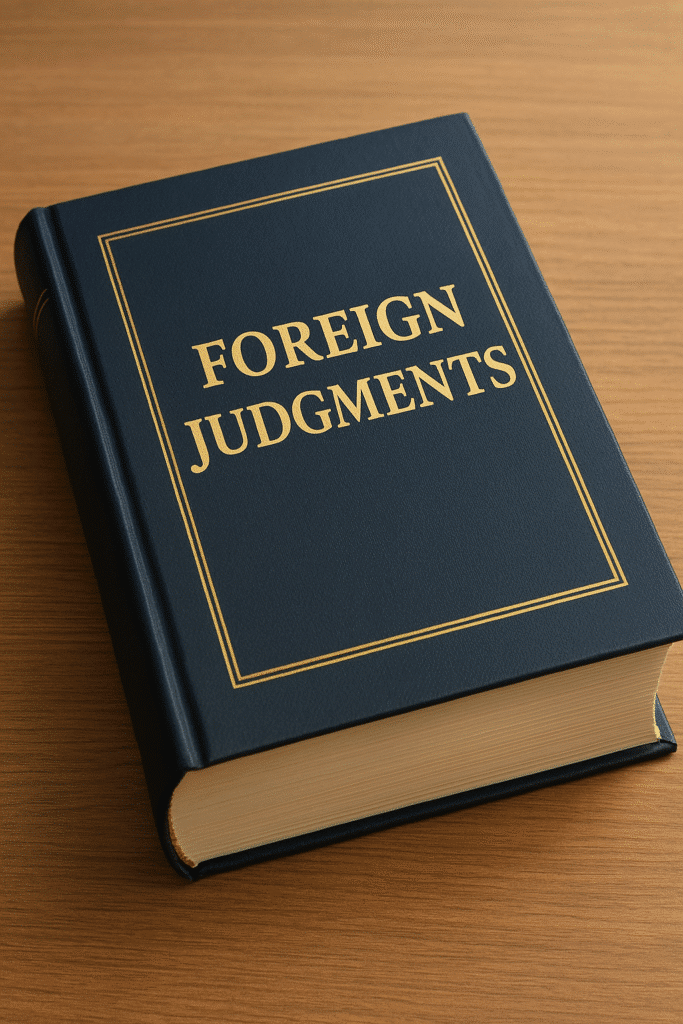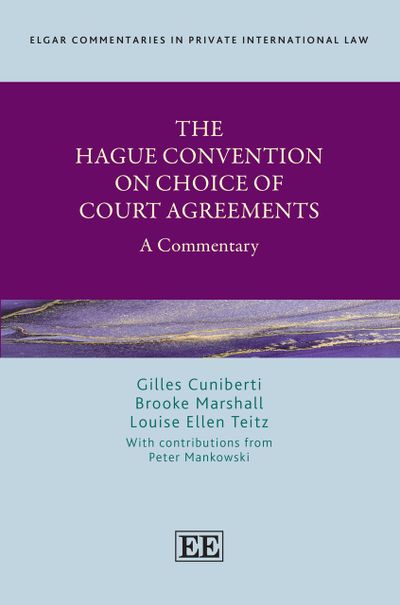In the United States, the recognition and enforcement of foreign-country judgments is generally governed by state law. Most states have adopted one of two Uniform Acts that provide for the recognition and enforcement of foreign money judgments subject to certain exceptions, including lack of jurisdiction, fraud, and public policy. There is also a federal statute, the SPEECH Act, that governs the recognition and enforcement of foreign defamation judgments. The United States has signed two judgments treaties, the 2005 Hague Convention on Choice of Court Agreements and the 2019 Hague Judgments Convention, but neither has yet been sent to the Senate for ratification.
A Primer on Foreign Judgments
[Updated August 22, 2025] In the United States, the recognition and enforcement of foreign-country judgments is generally governed by state law. Nevertheless, the law on foreign judgments is fairly uniform throughout the United States because most states have adopted one of two Uniform Acts. These Acts establish a presumption that final, conclusive, and enforceable foreign…
Continue ReadingChinese Judgments Go Global: Emerging Systemic Challenges and Confidence Deficit
Over the past decade, many jurisdictions have witnessed a marked increase in cases involving the cross-border recognition and enforcement of judgments. This trend reflects the practical need to recover debts across borders and to prevent evasive debtors from hiding assets abroad. China is rapidly catching up with the international community in this domain, with a…
Continue ReadingChina’s Covid Countersuit
As the Covid pandemic raged in 2020, plaintiffs began filing suits in U.S. courts seeking damages from the People’s Republic of China and other Chinese defendants. In March 2025, a U.S. district court awarded the State of Missouri a default judgment for $24 billion against nine Chinese defendants. In November 2025, another district court awarded…
Continue ReadingBook Launch for Hague Convention on Choice of Court Agreements
The 2005 Hague Convention on Choice of Court Agreements entered into force ten years ago. As regular readers will know, the United States has signed but not (yet) ratified the Convention. Were the United States to do so, it would mark a significant (and positive) change in the U.S. approach to the interpretation and enforcement…
Continue Reading


